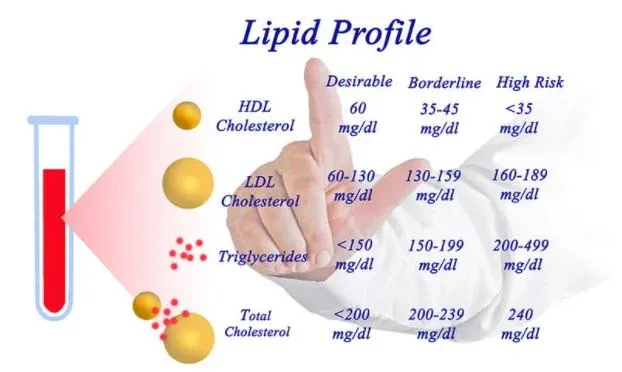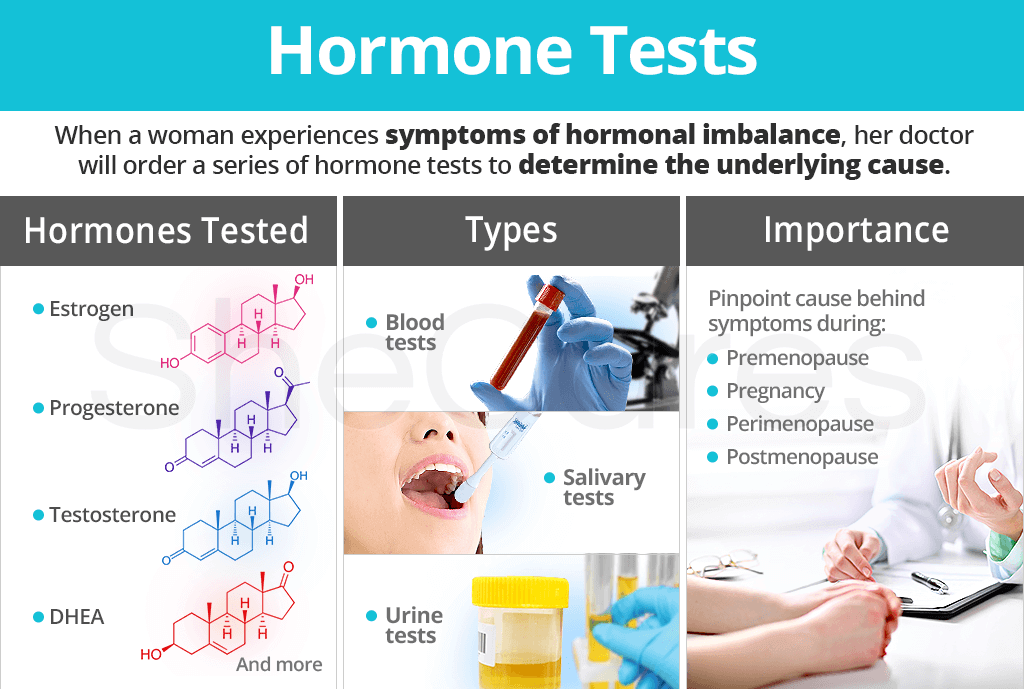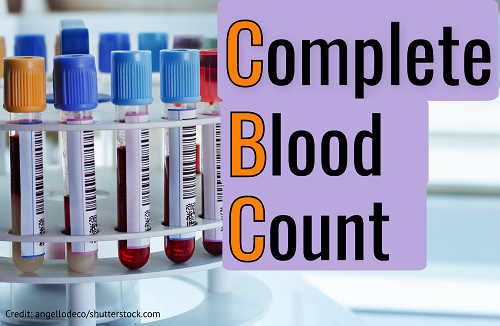Heart disease continues to be a leading cause of morbidity and mortality worldwide. To assess your risk of developing heart-related conditions, understanding your lipid profile is crucial. A lipid test is a valuable tool that provides essential information about your cholesterol and triglyceride levels. In this blog post, we will explore the significance of lipid testing and why it is essential for maintaining a healthy heart.
- Understanding Cholesterol Levels : Lipid testing helps evaluate your cholesterol levels, including low-density lipoprotein (LDL) cholesterol, high-density lipoprotein (HDL) cholesterol, and total cholesterol. Elevated levels of LDL cholesterol, often referred to as “bad” cholesterol, can lead to the formation of fatty deposits in your arteries, increasing the risk of atherosclerosis and heart disease. On the other hand, HDL cholesterol, known as “good” cholesterol, helps remove excess cholesterol from the blood vessels, protecting against heart disease. A lipid test provides insight into these levels, enabling healthcare professionals to assess your heart disease risk and recommend appropriate lifestyle changes or medications if necessary.
- Evaluating Triglyceride Levels : In addition to cholesterol, lipid testing assesses your triglyceride levels. Triglycerides are a type of fat that your body uses for energy. High triglyceride levels are often associated with an increased risk of heart disease, especially when combined with other risk factors like high LDL cholesterol and low HDL cholesterol. By measuring triglyceride levels, a lipid test can help identify potential cardiovascular risks and prompt interventions to lower triglyceride levels through lifestyle modifications, such as adopting a heart-healthy diet and engaging in regular physical activity.
- Monitoring Cardiovascular Health : Regular lipid testing is essential for monitoring your cardiovascular health over time. Trends in cholesterol and triglyceride levels can help healthcare professionals detect any changes or abnormalities early on. This proactive approach allows for timely interventions and helps prevent the progression of heart-related conditions. Moreover, lipid testing is valuable in assessing the effectiveness of lifestyle changes or medications prescribed to manage cholesterol and triglyceride levels. Regular follow-up lipid tests enable individuals to take charge of their heart health and make informed decisions to reduce their cardiovascular risk.
Conclusion : Lipid testing is a vital component of heart health assessment, providing valuable information about cholesterol and triglyceride levels. Understanding your lipid profile empowers you to take proactive steps towards a heart-healthy lifestyle, reducing your risk of heart disease and enhancing your overall well-being.




